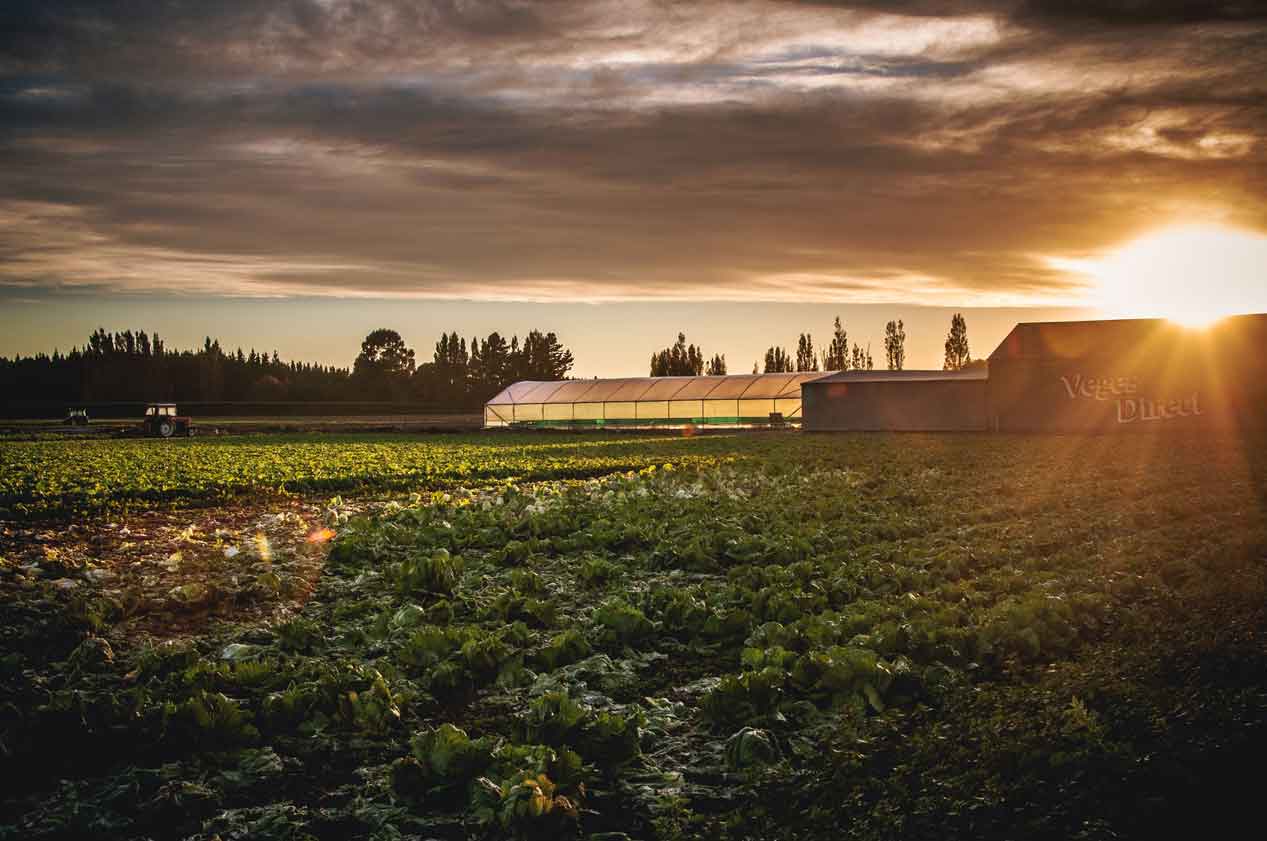Running a farm or working in the agricultural industry, in general, is a costly affair. However, the returns can be good, so it is still an excellent business venture. Farms also create products deemed essential by society, from wide varieties of crops to animal meat. As such, many farmers apply for a farmland purchase loan request so that they can acquire the funding that they can use for research, expansion, and development.
Farm loans are available through government agencies or private sectors. The next challenge is to ensure that your request gets approved. For this, you need to prepare 3 years’ worth of experience and a good credit score standing to increase the likelihood of getting approved. Here are more tips that you can apply and an overview of the subject.
What is a farm loan?
Farm loans or agricultural loans help farmers finance their land and equipment to grow and become more efficient. Running a farm is a costly affair since there is a lot of maintenance and labor required. As such, extra funding is increasingly helpful for these reasons:
- Purchasing farmland – Farm loans can be used to purchase farmland to kickstart the business; this is also great for expanding a preexisting farm business.
- Marketing – Marketing is another key aspect of any business. It allows a farm business to reach out to its target audience to create sales and generate income. Farm loans may be used for traditional and digital marketing strategies to bring in clients.
How to apply for farm loans?
1. Get the loan from a major bank
Most farmers turn to their local banks for financial assistance. A nearby local bank may be a good place to start. However banks do not usually make long term loans. Farmers with good credit scores have higher chances of getting approved for a loan.
2. Apply from government agencies
There are government agencies that can help you finance your farm. One good example is the Farm Service Agency which provides different types of loans. One example is the direct ownership loan that empowers farmers to buy land and livestock so that they can get started with their businesses. Another example is a direct operating loan that can cater to purchasing equipment and cover other operating expenses.
3. Private lenders
Likewise, private agencies can offer loans to help you purchase a farm or run an existing one. These are available with low interests and flexible payment terms to get a deal that you can comfortably payback.
How to qualify for an agricultural loan?
1. Contact your lender of choice
Contact your chosen lender and inquire about the requirements. Each lending agency will have different requirements, so it is important to have their individual lists and comply with each. Additionally, it is imperative to have a good credit score. Others may ask about your business plan, so be prepared for that.
2. Identify the type of loan you want
There are different types of agricultural loans so you may select the one that suits your needs. It also depends on which types of loans you are eligible for. For example, farmers who wish to apply for farm ownership loans are only qualified if they have at least three years’ worth of experience working on a farm or a ranch.
3. Learn more about the different types of agricultural loans
There is no fixed agricultural loan that applies to everyone. Every business situation is unique, which means that each farmer deserves a loan that fits their needs accordingly. Additionally, some loan types require a certain percentage as a cash payment.
Tips To Prepare For A Farm Loan Request
1. Compile proof of farming experience
Your farming experience serves as a testament to your capability to create a productive and efficient farm; this is another factor that lenders look at aside from your credit score.
2. Have a cosigner to the loan
A cosigner may help increase your chances of getting approved, especially if the cosigner also has good credit.
3. Demonstrate demand for your crops
Your success is dependent on whether or not there is a huge demand for your crops. Without people buying your product, there will be no sales, so there will be no income for you to pay back the loan. It helps boost your credibility in the industry and as a borrower.
You can demonstrate the demand through comprehensive marketing and sales plans. In these plans, you may reveal locked-up suppliers, consistent weekly buyers, supply agreements with local stores, and other seasonal agreements. All of these connections prove that you are not the type of business that will stock up on crops and be unable to clear out all of them. For this case, it is crucial to establish a customer relationship as soon as possible. You will also need to figure out the delivery arrangements for each client.
Lastly, just be prepared for any questions related to your business. Learn everything inside out to have an answer for any query. Research about your competitors and strategize on how you could grow and improve.
An agricultural loan is handy financial assistance that can make all the difference in the success of your business. Growing and expanding power helps smaller businesses blossom into sustainable establishments. These tips should help increase the likelihood of your farmland purchase loan approval. Make sure to apply according to your lender’s requirements and to prepare any questions that may be asked your way.
References:
- https://www.farmers.gov/modules/custom/farmers_farm_loans/pdfs/farm-loan-application-quick-guide-individual.pdf
- https://www.business.com/articles/agricultural-loans/
- https://university.upstartfarmers.com/first-time-farmer-loan

